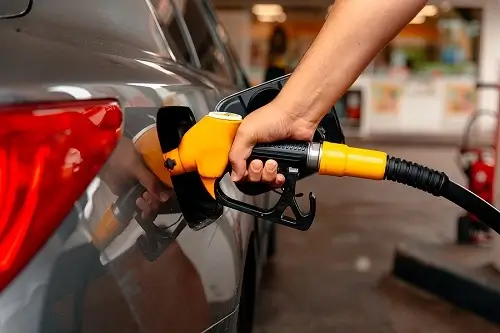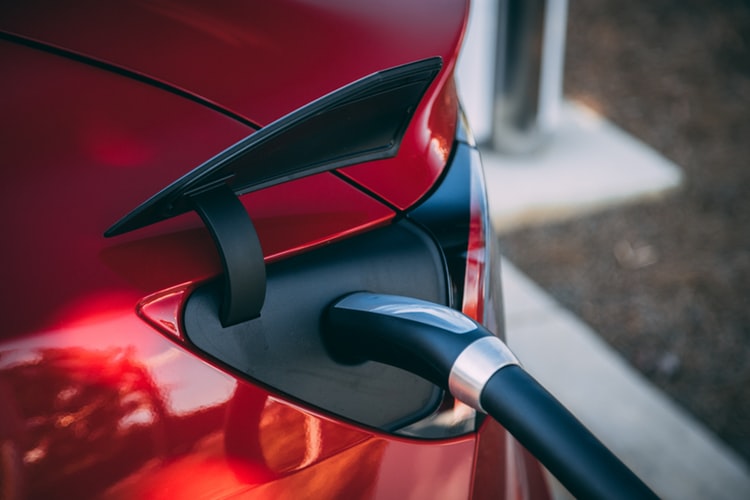Achieve Top Fuel Efficiency Standards In the era of increasing environmental consciousness and escalating fuel costs, achieving top fuel efficiency standards has become a paramount concern for vehicle owners and enthusiasts. Fuel efficiency optimization is no longer an option but a necessity. Maximizing gas mileage not only conserves energy resources but also translates to substantial savings for consumers. In this comprehensive guide, we will delve into the intricacies of Achieve Top Fuel Efficiency Standards, exploring various tips and techniques to help you accomplish the coveted goal of Achieve Top Fuel Efficiency Standards. Let’s embark on this journey towards a more efficient and eco-friendly drive.
Understanding the Significance of Fuel Efficiency
Fuel efficiency is a crucial aspect of modern-day transportation, with far-reaching consequences. The environmental impact of inefficient vehicles is undeniable, as they contribute to increased greenhouse gas emissions, air pollution, and resource depletion. Moreover, the financial burden of poor fuel economy can be a significant strain on one’s budget. It’s imperative to prioritize Maximizing Gas Mileage to mitigate these concerns effectively.
The Basics of Fuel Efficiency
Before we dive into advanced strategies for fuel efficiency optimization, let’s start with the basics. Understanding how your vehicle consumes fuel is fundamental to achieving high mpg.
Fuel efficiency is typically measured in miles per gallon (mpg), indicating how far a vehicle can travel on a gallon of fuel. The higher the mpg, the better the fuel efficiency. Conversely, lower mpg values imply greater fuel consumption.
Achieving high mpg involves minimizing fuel consumption while maximizing distance traveled. To accomplish this, consider the following tips for better fuel efficiency:
- Maintain Proper Tire Pressure: Keeping your tires inflated to the manufacturer’s recommended pressure levels ensures that your vehicle experiences less rolling resistance, which can help improve fuel economy.
- Regular Engine Maintenance: Routine engine maintenance, including oil changes, air filter replacements, and spark plug inspections, can have a significant impact on fuel efficiency. A well-maintained engine operates more efficiently, burning less fuel.
- Smooth Driving: Avoid aggressive driving habits like sudden accelerations and abrupt stops. A gentle and consistent driving style can lead to substantial fuel savings.
- Reduce Vehicle Weight: Excess weight in your vehicle can decrease fuel efficiency. Remove unnecessary items and cargo from your car to achieve better mpg.
- Aerodynamic Improvements: Enhance your vehicle’s aerodynamics by removing roof racks or cargo carriers when not in use. This will reduce wind resistance and improve fuel efficiency.
- Use Cruise Control: On highways, utilizing cruise control can maintain a steady speed and save on fuel compared to constantly adjusting your throttle.
- Choose the Right Fuel: Ensure you’re using the recommended fuel type for your vehicle. Using higher-octane fuel when not necessary can be a waste of money and resources.
Advanced Strategies for Fuel Economy Optimization
While the basics mentioned above are crucial for achieving better fuel efficiency, there are advanced strategies and technologies that can help you attain even higher mpg. Let’s explore these in detail.
1. Hybrid and Electric Vehicles
One of the most innovative ways to Achieve Top Fuel Efficiency Standards is to opt for a hybrid or electric vehicle. These vehicles combine traditional internal combustion engines with electric power to significantly reduce fuel consumption. Electric vehicles, in particular, have zero tailpipe emissions, making them a sustainable choice for eco-conscious drivers.
2. Advanced Engine Technologies
Modern vehicles are equipped with advanced engine technologies, such as direct injection, variable valve timing, and turbocharging. These technologies optimize fuel combustion, resulting in better fuel efficiency and increased power. When choosing a vehicle, consider those with these advanced engine features.
3. Start-Stop Systems
Many newer vehicles are equipped with start-stop systems that automatically turn off the engine when the vehicle comes to a complete stop, such as at traffic lights or in heavy traffic. This feature helps conserve fuel by eliminating idling. When the driver releases the brake pedal, the engine quickly restarts, ensuring a seamless driving experience.
4. Regenerative Braking
In hybrid and electric vehicles, regenerative braking is a groundbreaking technology. It captures energy that is typically lost during braking and converts it into electrical energy, which is then used to charge the vehicle’s battery. This technology not only improves fuel efficiency but also extends the vehicle’s electric-only range.
5. Lightweight Materials
Vehicle manufacturers are increasingly using lightweight materials such as aluminum and carbon fiber in their designs. These materials reduce the overall weight of the vehicle, which, in turn, improves fuel efficiency. A lighter vehicle requires less energy to move and, thus, consumes less fuel.
6. Improved Transmission Systems
Modern transmissions, including continuously variable transmissions (CVTs) and dual-clutch transmissions, are designed for optimal gear shifting, reducing energy loss and increasing fuel efficiency. When choosing a vehicle, look for these advanced transmission systems to maximize gas mileage.
Tips for Better Fuel Efficiency in Specialized Scenarios
While these advanced strategies apply to most vehicles, there are specific scenarios where you can further optimize fuel efficiency:
1. City Driving
In congested urban environments, fuel efficiency can be a challenge due to frequent stops and starts. To counteract this, consider driving during off-peak hours to avoid traffic. Using public transportation or carpooling are also eco-friendly alternatives that reduce individual fuel consumption.
2. Highway Driving
Highway driving generally offers better fuel efficiency than city driving because of steady speeds and less stop-and-go traffic. To further improve your highway mpg, maintain a consistent speed, use cruise control, and avoid aggressive driving habits.
3. Long-Distance Travel
When embarking on long-distance journeys, meticulous planning can lead to significant fuel savings. Check your vehicle’s weight distribution, pack efficiently, and plan rest stops strategically. Reducing wind resistance with aerodynamic improvements is also beneficial for long-haul travel.
Culmination : Achieve Top Fuel Efficiency Standards
In conclusion, achieving top fuel efficiency standards is not only environmentally responsible but also economically advantageous. By adhering to the principles of Fuel Economy Optimization and embracing advanced technologies, you can contribute to a sustainable future while enjoying significant savings on fuel costs. Remember that consistent maintenance, responsible driving, and smart vehicle choices are key factors in Maximizing Gas Mileage. Take these tips for better fuel efficiency to heart and set a new standard for your vehicle’s mpg. Whether you opt for a hybrid or electric vehicle, embrace advanced engine technologies, or follow specialized strategies for different driving scenarios, the path to achieving high mpg is within reach.
Make fuel efficiency optimization a priority, and you’ll not only enjoy a smoother and more cost-effective ride but also play your part in reducing the environmental impact of transportation. So, get behind the wheel and make a conscious effort to achieve the coveted goal of high fuel efficiency. Your wallet and the planet will thank you.






